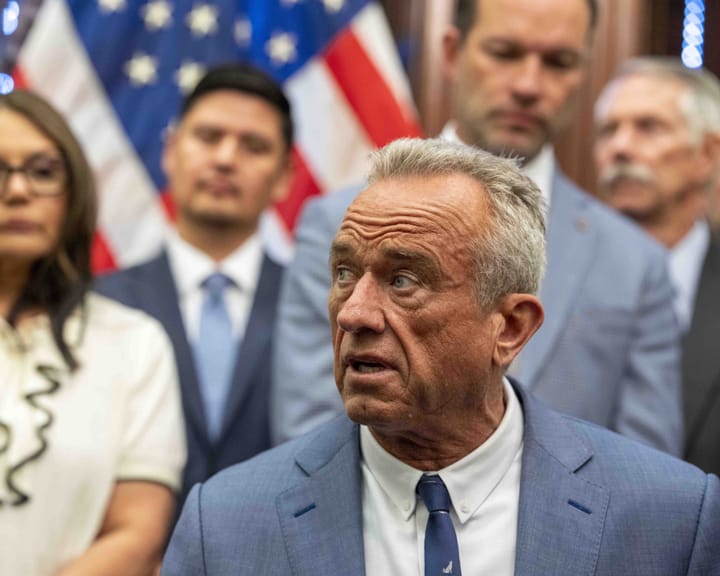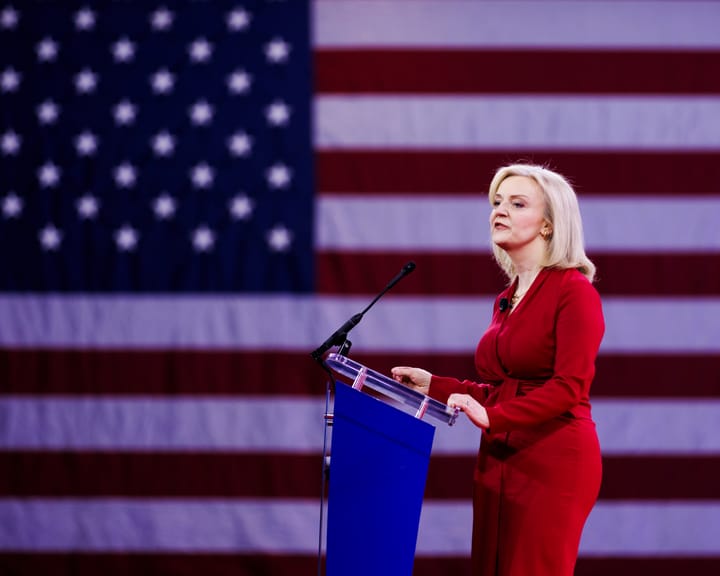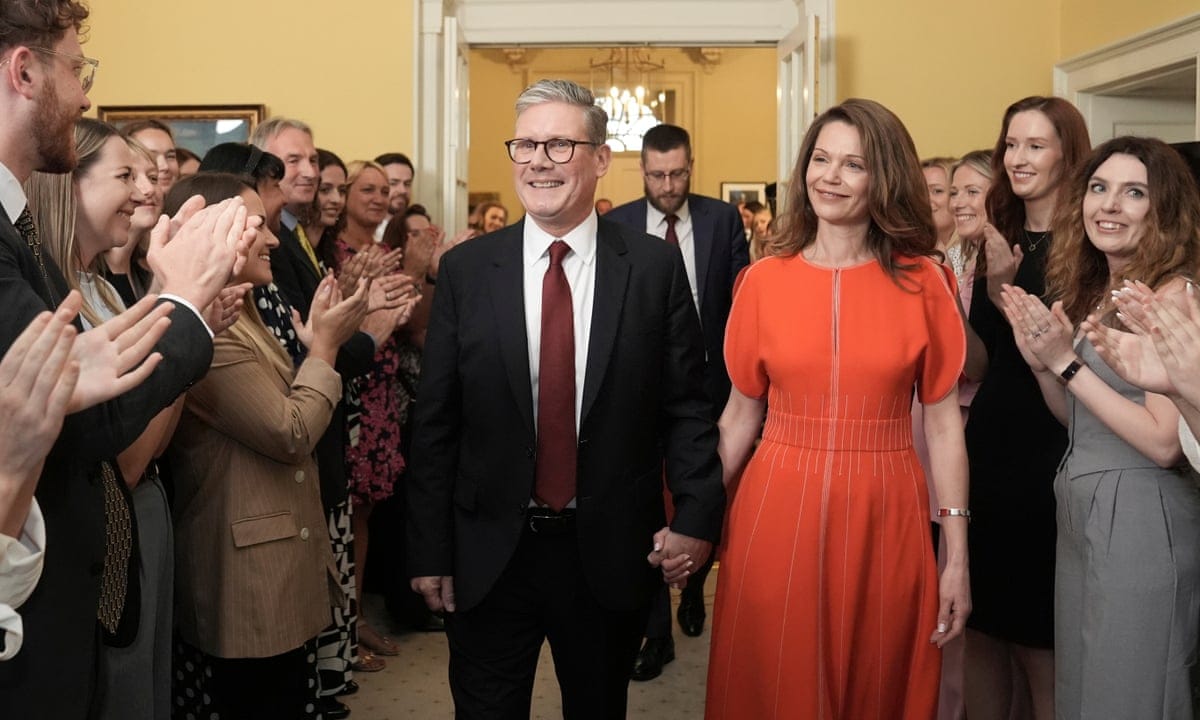Britain has seen an uptick in optimism following the recent general election, as more citizens are hopeful about the nation's future than doubtful – a trend that appears to be benefiting Keir Starmer during this initial period after Labour's substantial victory.
A notable 14-point increase has been recorded in those feeling positive since the polling concluded. A study conducted by Public First revealed only 31% of voters were optimistic about the nation going into the election, with a majority (43%) leaning towards pessimism. Post-election sentiments have shifted substantially, now showing that 45% are hopeful and just 30% remain doubtful.
This positive change in sentiment corresponds with a significant improvement in Starmer's personal approval ratings. An Opinium poll for The Observer indicates a notable leap – an increase of 20 points – in his net approval rating, which measures the proportion of individuals who view him as performing well against those who believe he is not doing so adequately. This marks an improvement from -1% to now standing at +19%.
Senior Labour officials suggest that this surge may stem from a sense of relief among the populace after the election outcome, which ended years of political infighting within the Conservative party. They also anticipate potential positive outcomes for European leaders due to the new government's stability.
However, it is essential to remember that such initial enthusiasm can be fleeting. As early as this week, parliamentary debates concerning social care and welfare will commence, along with challenges faced by Chancellor Rachel Reeves regarding a revised pay proposal for NHS workers and teachers.
“If Labour had won the election, we expected relief in society," stated an anonymous source close to Starmer's team. "Currently, there is palpable relief among citizens witnessing a serious individual taking office and carrying out their duties." However, they also cautioned that despite having a substantial majority, it doesn't change the economic legacy inherited from previous governments. They emphasised the importance of making changes with transparency about what can be achieved in terms of public spending as was promised during the election campaign.
The increase in optimism seems to suggest greater confidence in Starmer's leadership rather than expecting significant policy reforms early in his tenure. Research from Public First showed that just before the vote, half of the voters anticipated him would abolish the Rwanda deportation scheme within three to six months, and another half believed he would increase taxes on certain services such as private school fees and oil and gas companies.
Apart from these two policies, there were no other areas that a majority expected Starmer to take action in his first six months of power - despite 30% hoping for an increase in NHS funding, one of the key issues he faces amid rising demands for public sector investment.
This week presents several significant tests for Starmer and Labour. Rebel MPs plan to vote on abolishing the two-child benefit limit – a measure that has become a focal point among many Labour members. In addition, Independent Liberal Democrats will consider a motion calling for cross-party discussions on adult social care solutions.
Public First's Denise Baron noted that while the surge in optimism may be higher than anticipated given recent political disillusionment, maintaining this positivity could pose challenges due to the time needed for major policies to take effect and impact public perception. The main hurdle might be restoring trust among those who have felt cynical or powerless recently – a moment where bold actions could make significant strides towards change, such as Starmer's early decision on scrapping the Rwanda scheme.
James Crouch from Opinium agreed with this sentiment and added: "Election victories often result in an initial approval period for both winners and their leaders. This is evidently true for Keir Starmer after Labour's decisive win."
Read next

"Scottish Greens' new leaders push for universal income and free bus fares"
Scottish Greens' new leaders, Ross Greer and Gillian Mackay, have pledged to advocate for a universal income, free bus travel, and increased taxes on high earners following a subdued leadership race.
Greer and Mackay, previously backbench MSPs at Holyrood, were elected co-conveners of the Scottish Greens with a notably

"White House faces criticism for appointing Robert F Kennedy Jr ally to lead CDC – latest updates"
Enable JavaScript to view this feature
Patty Murray, a senator from Washington, has urged the Trump administration to offer "swift clarification" regarding reports that two firefighters were taken into custody by border agents while responding to a wildfire in the state.
Federal immigration officials carried out an operation

"Liz Truss supports Trump’s Fed critiques, predicts central banks face backlash"
Liz Truss Supports Criticism of Central Bank Independence, Echoing Trump’s Stanc
Liz Truss, the shortest-serving British prime minister, has expressed support for Donald Trump’s criticism of the US Federal Reserve’s independence. Truss, who was forced out of office following turmoil in financial markets, suggested that major central

